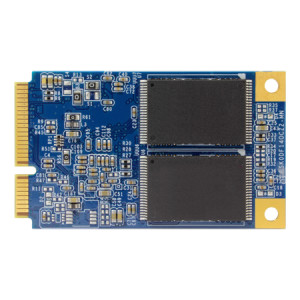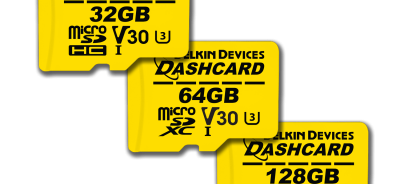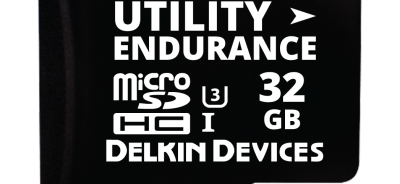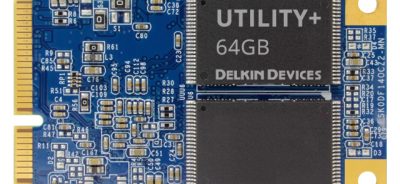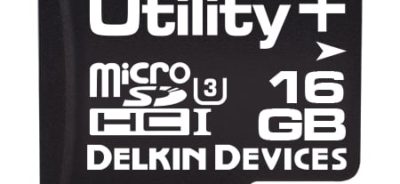mSATA Basics
If you are looking for flash storage for a device with a small form factor, then mSATA might be the solution for you. Like its larger counterpart, SATA, it is designed following conventions set forth by the SATA-IO Group and JEDEC, and provides an impressive storage capacity in a small setting. Here is what you need to know:
mSATA 101
mSATA—or mini-SATA—was introduced during the 2009 SATA revision. It was designed to provide SATA SSD-quality flash storage capacity and performance in devices in which a smaller form factor was required. As a flash storage device, mSATA can be used for a variety of purposes, including storing data, applications, and operating systems. It meets the MO-300 mechanical standard, which offers SATA connectivity with a connector that looks similar to the mini PCIe. Since its inception, mSATA has been used in both commercial and industrial products. mSATA quickly migrated from being a commercial product to being introduced into embedded applications soon after it was on the market. The speed, size, and low power consumption make it a good fit for embedded application use.
Industrial mSATA
As mSATA moved from being primarily a commercial form factor to one used in embedded applications, engineers and OEMs found a need for an industrial-grade device. Industrial mSATA combines the benefits of the SATA interface with the ruggedness and capacity required by industrial developers.
Industrial mSATA typically uses SLC flash to store data. This kind of flash—which stands for single-level cell—works by storing one bit of data per cell. Because each cell only contains a single bit, the risk of data loss is significantly reduced. For instance, when writing data to a cell, the risk of data loss due to a power outage is much lower, since the amount of data being written at any given moment is limited. However, in order to meet different customer needs and budgets, mSATA with MLC—multi-level cell—flash is also available.
Industrial mSATA also comes with the features engineers and OEMs expect in flash storage for industrial use, including extreme temperature tolerance and shock and vibration protection. Storage capacity of up to 1TB is available.
Customization Options
mSATA SSDs can easily be adapted to meet the needs of different hosts or applications. OEMs can request everything from custom labels and packing to over-provisioning and additional testing. The ability to customize makes it easier to incorporate mSATA flash storage into a wide range of applications.
Delkin offers both industrial and commercial mSATA SSDs for use across multiple industries and a variety of devices. Contact our product team if you have additional questions about mSATA or need product samples.
 Login
Login Register
Register


